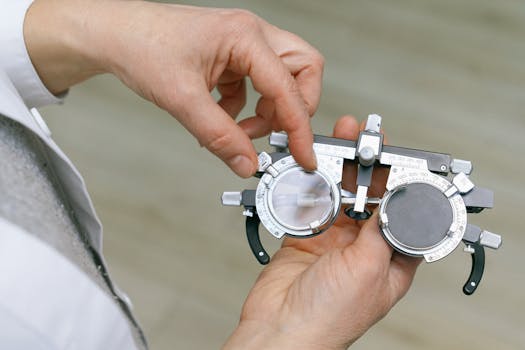To become an optometrist you'll need to:
- get a degree in optometry, approved by the General Optical Council (GOC)
- complete a pre-registration work placement which takes 1 year and you'll be supervised by a registered optometrist
- pass the GOC final assessment to qualify
Entry requirements
You'll usually need:
- 5 GCSEs at grades 9 to 4 (A* to C), or equivalent, including English, maths and science
- 3 A levels, or equivalent, including at least 1 science




